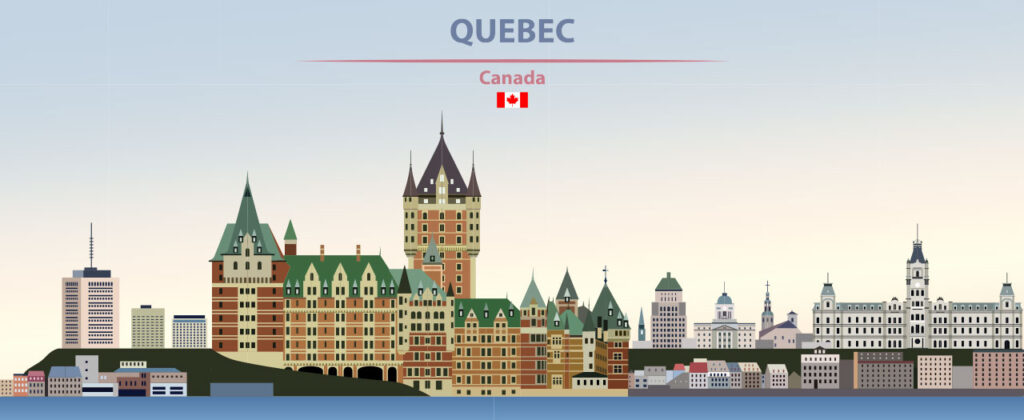The education system in Quebec is known for its unique approach to teaching and learning. With a strong emphasis on bilingualism and cultural diversity, Quebec’s education system offers many opportunities for students of all ages.
In this blog post, we will take a closer look at the highlights of the Quebec education system, including preschool, elementary and secondary education, college prospects, vocational training, adult education, and the role of the school board.
Preschool:
In Quebec, preschool education is not mandatory but is offered to children between the ages of 4 and 5. Children are introduced to various subjects during preschool, including language, mathematics, science, and social studies.
Elementary and Secondary Education:
Elementary and secondary education in Quebec is divided into primary (grades 1-6) and secondary (grades 7-11).
At the primary level, students are introduced to the core subjects, including French, English, mathematics, science, and social studies. In addition to these subjects, students can participate in various extracurricular activities, such as sports, music, and art.
Students can choose between a general or a vocational program at the secondary level. The public program is designed to prepare students for post-secondary education, while the vocational program focuses on practical skills and job readiness.
College Prospects:
After completing their secondary education, Quebec students can pursue post-secondary education at one of the province’s many colleges. These institutions offer a wide range of programs, including trade and vocational training and more traditional academic programs in business, health care, and social sciences.
Vocational Training:
One of the critical features of the education system in Quebec is the emphasis on vocational training. Vocational programs, also known as “technical and vocational education and training” (TVET), are offered at both the secondary and post-secondary levels.
These programs provide students with the skills and knowledge needed to pursue a specific trade or industry career.
At the secondary level, vocational programs are offered at public and private high schools, usually two or three years in length. The programs are designed to prepare students for specific trades, such as carpentry, automotive mechanics, or hairdressing.
At the post-secondary level, vocational programs are offered at public and private colleges, typically one or two years in length. These programs are more specialized and provide students with in-depth knowledge and skills in a specific field.
Adult Education:
In Quebec, adult education is crucial to lifelong learning and personal development. Accordingly, the government offers a wide range of programs and services to support adults in continuing their education, including language classes, vocational training, and academic upgrading.
The Role of the School Board
In Quebec, school boards play a significant role in the education system, with powers and responsibilities that are unique in North America. The school boards in Quebec are democratically elected, with members serving four-year terms. Each school board is responsible for overseeing the education of students in a specific geographic region and has the authority to make decisions on a range of issues, such as curriculum development, school finances, and personnel management.
Conclusion:
Overall, the education system in Quebec is characterized by its focus on lifelong learning and the active involvement of school boards in decision-making. From adult education programs to the development of school policies and programs, the Quebec education system offers a comprehensive and accessible approach to education.



